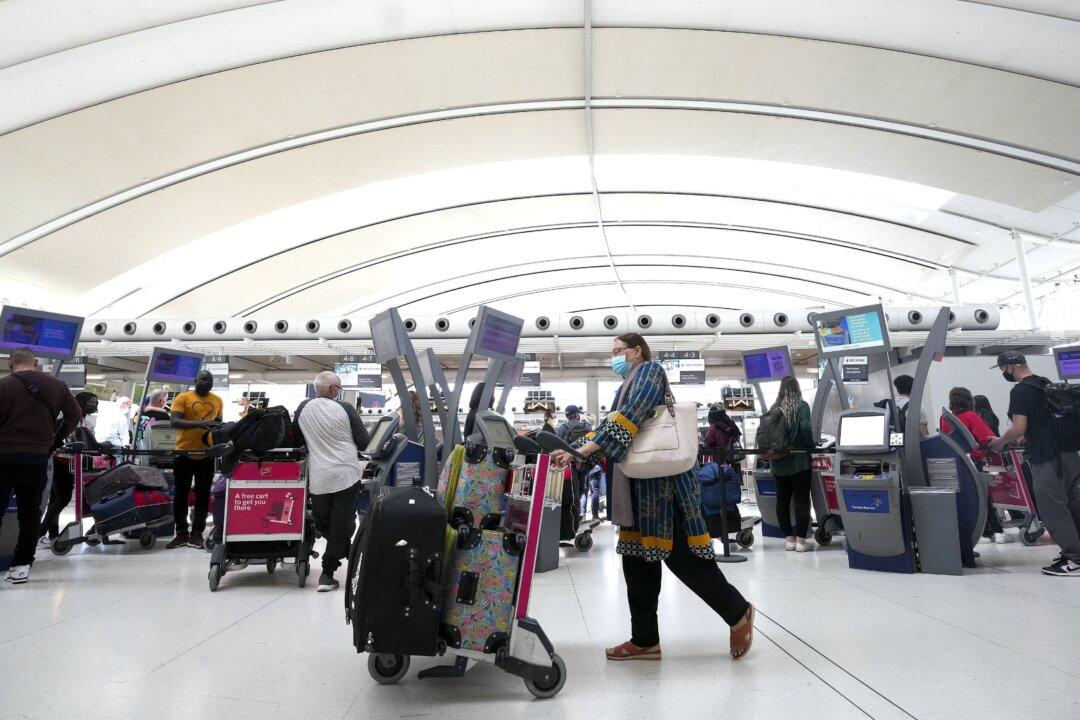The Transport Canada official who drafted the policy for mandatory vaccination in travel has no scientific background and says she relied uncritically on public health information, yet court documents show she still dismissed or interpreted data.
“It’s not my responsibility to question or analyze the data that the experts on public health in this country provide me,” said Jennifer Little, director general of the COVID Recovery Team at Transport Canada.





